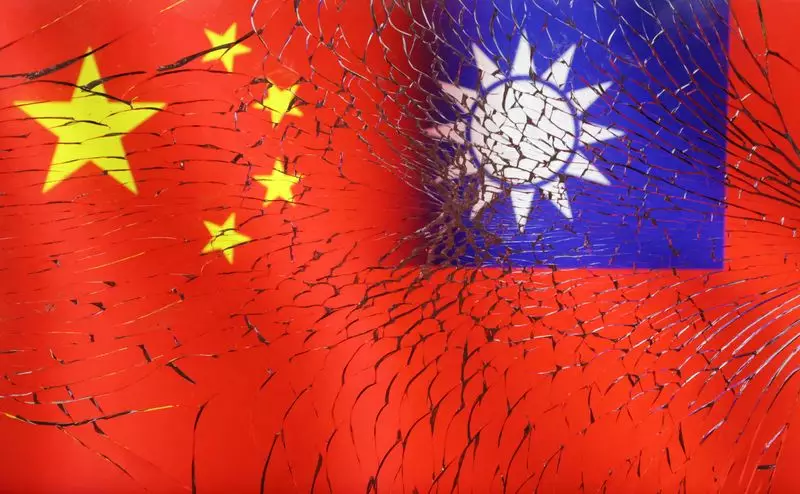The ongoing tensions between the United States and China are prominently showcased through recent events surrounding arms sales to Taiwan. Under U.S. law, Washington is obligated to provide defensive resources to Taiwan, a self-governing island that the Chinese government considers part of its territory. The recent approval of a significant $2 billion military aid package highlights the complexities of international relations in this area, particularly given the absence of formal diplomatic ties between the U.S. and Taiwan. This arms deal represents a strategic move by the United States to bolster Taiwan’s defense capabilities amidst rising regional threats.
Announced by the Pentagon, the arms package includes an advanced air defense missile system that has been effectively tested in the conflict in Ukraine. This particular inclusion emphasizes the U.S. commitment to equipping Taiwan with modern defense systems capable of countering potential Chinese aggression. The decision to supply such advanced weaponry marks a significant pivot in U.S. military policy in the region, reinforcing Taiwan’s defensive posture against increasing military activities from China.
In response to the arms sale, the Chinese government swiftly condemned the action, emphasizing its resolve to defend its national interests. Through a formal statement from the Ministry of Foreign Affairs, China articulated its discontent and announced potential “countermeasures” without providing specific details. This ambiguity leaves room for speculation regarding the nature and severity of China’s response, which could range from diplomatic protests to increased military maneuvering in the Taiwan Strait. The emphasis on sovereignty and territorial integrity reflects China’s longstanding position that the island is an inseparable part of its nation.
Taiwan’s administration welcomed the U.S. arms deal, framing it as a necessary bulwark against Chinese threats. The Taiwanese government has consistently asserted its right to self-defense, bolstered by public support for its stance amid rising anxieties about China’s military ambitions. This situation underscores Taiwan’s precarious position—caught between its desire for independence and the military might of China, which has recently escalated its military exercises in the region. Such dynamics threaten to destabilize the already tenuous peace in the Taiwan Strait.
The arms sale further complicates the geopolitical landscape in East Asia. It serves not only as a warning to China but also as a signal to other regional actors about U.S. commitment to its allies and partners. As nations assess their security strategies in light of these developments, the potential for conflict in the Taiwan Strait heightens. This scenario raises critical questions about the future of U.S.-China relations and regional stability as both nations navigate the fraught terrain of military preparedness and diplomatic engagement.
The recent U.S. arms sale to Taiwan has sparked significant responses from China, reinforcing the ongoing geopolitical tensions in the region. With both nations advocating fiercely for their positions—China defending its territorial claims and the U.S. supporting Taiwan—this delicate balance will require careful navigation to avoid miscalculations that could lead to broader conflict.

